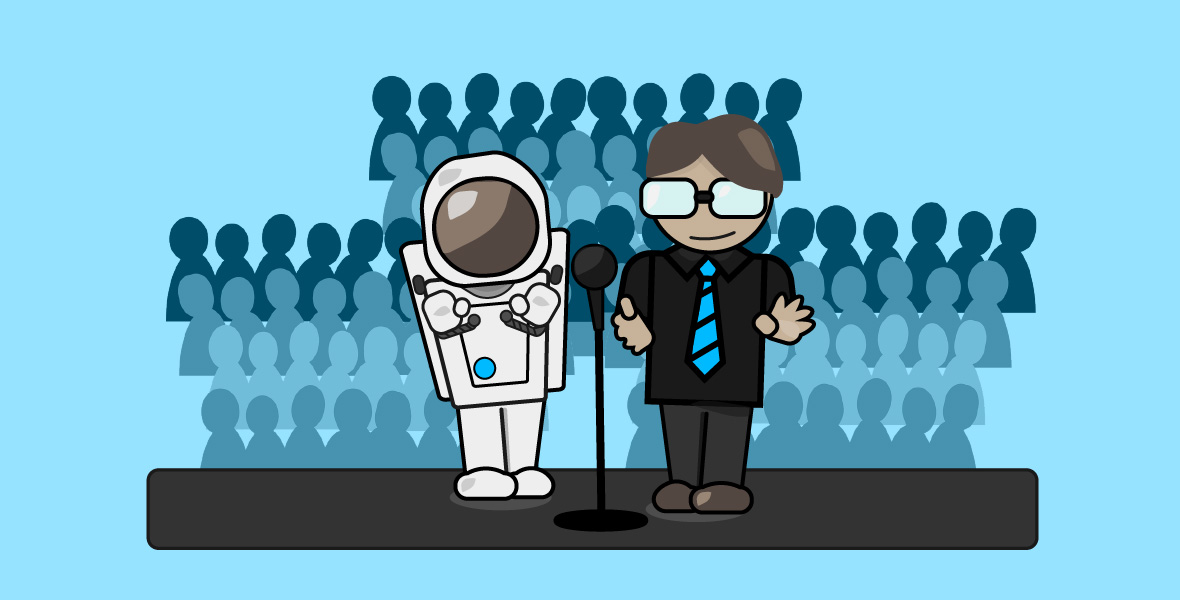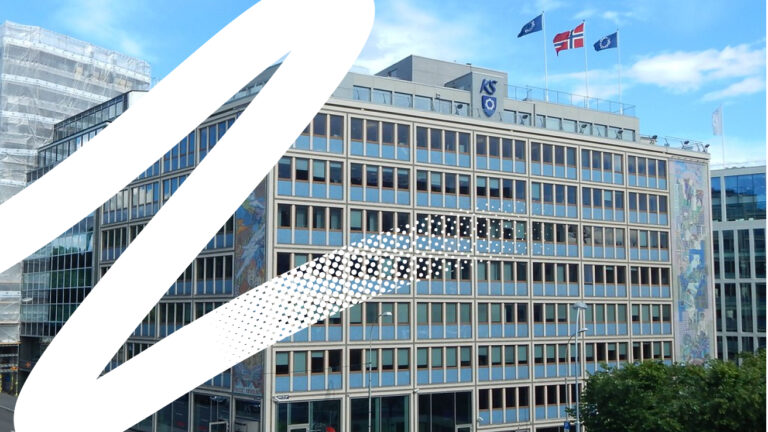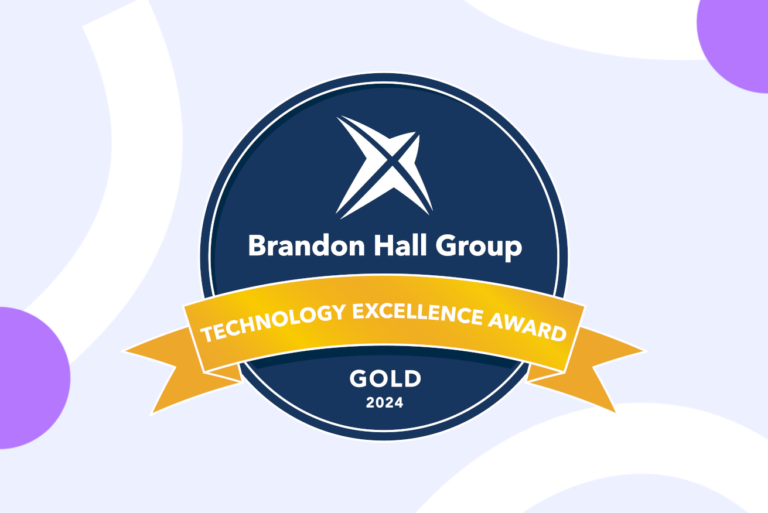Finnish students and the NASA Epic Challenge invite companies to join them in creative problem solving

The Boeing Company and the United States’ National Aeronautics and Space Administration (NASA) Representative, astronauts Tim Kopra and Charles Camarda, visited Finland to talk about the creative problem-solving opportunities in the NASA Epic Challenge training program. The program allows Finnish students to help create solutions to the most epic challenges facing humanity. Some of the student teams have already received funding for developing their projects into startups. Companies around the globe are invited to join the students in their creative problem-solving solutions.
Helsinki, Finland, May 10th, 2017. Complex and multidisciplinary problems need new versatile solutions, of the kind that have been developed by the Epic Challenge training program for two years now. The program was developed by NASA, and has partnered with industry leaders such as Valamis and Boeing.
“Epic Challenge is about making the best use of different strengths, and recovering quickly from failures,” says Charles Camarda, Sr. Advisor for Engineering Development and Astronaut at NASA. “Although the adoption of new ways of working can feel stiff, at its best a culture of creative problem solving is an economically viable tool for companies.”
Finnish students are pioneers in problem-solving culture
A culture of creative problem solving is being developed in NASA’s Epic Challenge training program. The program is being implemented in Finland in cooperation with Valamis and Finnish educational institutions. The aim of the program is to encourage young people to study mathematics and natural sciences and to work in the aerospace industry. In the course of the program, which began in 2015, Finnish students have worked with projects such as the colonization of Mars. The students have developed hundreds of different concepts for NASA. In addition, eight student teams have received external funding for further development of these concepts.
NASA astronauts Dr. Charles Camarda and Tim Kopra, together with Associate Technical Fellow Dr. Michael Richey from Boeing, are currently in Finland to talk about the training program. According to the three experts, companies would also benefit from a culture of creative problem-solving.
Enterprises can benefit in many ways from a problem-solving culture
For businesses, adopting a problem-solving culture requires a change in how things are done. A permissive environment in which there is no fear of failure creates optimal conditions for solving problems. Harnessing a culture of creative problem solving for business succeeds best when the right attitude is wedded with the right tools.
On this score, Finnish companies have excellent conditions to succeed. Camarda notes that in Finnish schools, failure is not thought of as something disheartening. In addition, the technological preconditions in this country are good. Through the onward march of digitalization, companies are gaining access to a whole world of opportunity for solving challenges. As a result, the learning of employees has come on in leaps and bounds. Working together regardless of physical location has become easier, as has to be able to get in touch with specialists in any field.
In the Epic Challenge program, students work in the digital, phenomenon-based Valamis – Learning Experience Platform developed by Valamis. The platform allows students to form teams regardless of location, to build on each other’s strengths, and to exchange knowledge simultaneously in different parts of the world.
“Partnering with the Epic Challenge program, we are continuously developing a learning environment that supports creative problem solving,” says Valamis Chief Commercial Officer Janne Hietala. “Making learning project-oriented and providing ‘epic challenges’ helps to keep learners motivated. Information collected to the platform helps in promoting the data science of digital learning and learning methods.”
Businesses have recognized clear competitive advantages in utilizing creative problem-solving solutions. For example, Camarda mentions the economic benefits and time savings of faster processes. It also allows utilizing fully the expertise of the entire organization. International companies, in particular, can more easily draw on expertise from around the world. Moreover, employees learn faster and gain better insight into their work.
Charles Camarda’s Tips for a Culture of Creative Problem Solving: How a company can tackle challenging situations:
- Understand. Get clear on what the problem is to be solved.
- Ensure the adequate resources. Get the best experts you need to solve the problem, build a multicultural team to the extent possible, and also make use of crowdsourcing.
- Don’t be afraid to fail, and learn from failure. Create an environment with no barrier to asking questions, and where failure is permitted. Learning to fail is crucial to the development of creativity and new ways of thinking.
- Make good use of technology and digitalization. The digital environment can speed up problem-solving and save resources.
- Don’t be afraid! Change, when managed well, is a great opportunity.
Additional Details
- Learn more about Valamis – Learning Experience Platform.
- Learn what is an LXP?
Valamis
Valamis is an internationally growing IT company that specializes in the digitalization of learning. The company was recently listed in Gartner’s 2016 Market Guide for Corporate Learning Suites as a Representative Vendor of the product Valamis. Valamis – Learning Experience Platform helps customers convert the benefits of the digital transformation into a competitive advantage. Valamis’ customers are large organizations in both private and public sectors. With its headquarters in Joensuu, Finland, Valamis has offices around the globe.
More information:
Valamis
Janne Hietala
Chief Commercial Officer
+358 (0)40 831 4245
janne.hietala@valamis.fi




